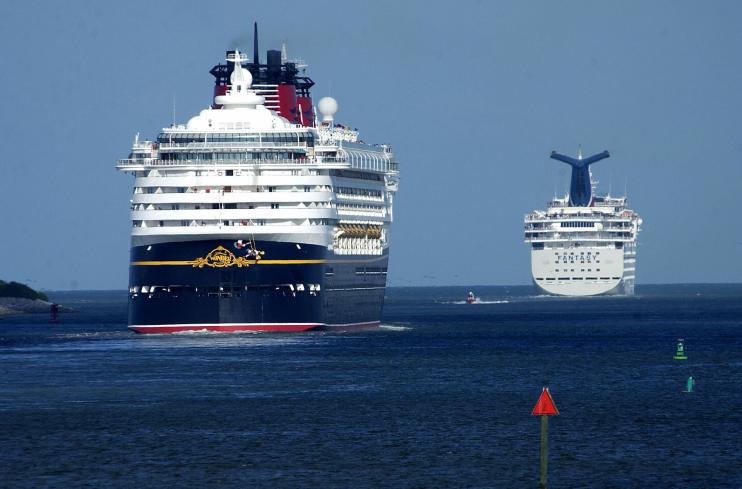Saga to launch new over-50s media brand to capitalise on UK’s ageing population

Saga is set to launch a new over-50s media brand, the conglomerate’s chief executive told City A.M., as the company looks to capitalise on the UK’s ageing population.
Saga, which sells travel, insurance, and financial services to over-50s, is seeking to exploit a “gap in the market” and build a “superbrand for older people” by overhauling its media business to capture advertising revenues from firms looking to sell to older customers, Saga boss Euan Sutherland said.
The launch of the new ‘Exceptional’ website sits in line with the firms’ push to become a “capital light” business, Sutherland said, as it looks to reduce its £721m debt pile by selling off its underwriting arm.
The new media plan will see Saga adapt its Saga Magazine print product for the digital age with a view to boosting ad revenues and capitalizing on the wealth of data the firm has on its 10m over-50s customers.
Having first launched in the 1980s, Saga Magazine has grown to become one of the UK’s top five most read monthly magazines.
But it now aims to make its magazine profitable in its own right by expanding sponsorship, endorsement and affiliate deals through the launch of its new website, boosting its social media presence, and releasing a newsletter for travel, insurance, and cruise customers.
Sutherland explained that over-50s own half the UK’s wealth but only 20 per cent of UK advertising spending is targeted towards this age group.
The chief executive’s comments come as the over-50s conglomerate today said it is on track to meet its financial goals, following a boom in its cruise and travel arms after the pandemic.
Sutherland explained Saga had experienced a surge in demand for “holidays of a lifetime”.
He noted that Saga’s £28,000 per person private jet world tour was “fully booked up within eight weeks” as he argued a “huge demand from older customers to travel again” has bolstered the business.
The results come as Saga yesterday confirmed reports it is seeking to raise £90m through the sale of its underwriting business to reduce its huge £721m debts.
“We need to reduce the level of debt,” Sutherland said, adding that he hopes to play to the firm’s strengths in customer service by dropping the underwriting arm while continuing to sell insurance products.
“The underwriter is more of the backroom and we’re just not big enough in that area to drive at scale,” Sutherland said.
Saga’s insurance business avoided a major hit from the December freeze, after shares in Direct Line collapsed earlier this month due to a surge in cold-weather related claims.
Sutherland noted the firm’s “smaller business in home insurance” helped it circumvent Direct Line’s fate.
“We are part of a market that has the same weather but it’s just not significant in our numbers,” Sutherland said.
Saga’s underwriting business was also hit by claims inflation, as soaring prices saw the cost of fulfilling claims surge by 13 per cent, particularly in its motor insurance segment.
At the time of writing, shares in Saga, which listed on the London Stock Exchange in 2014, were up more than 7.6 per cent.